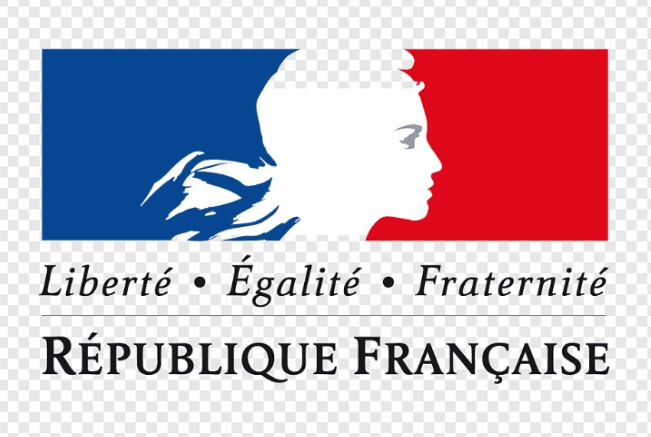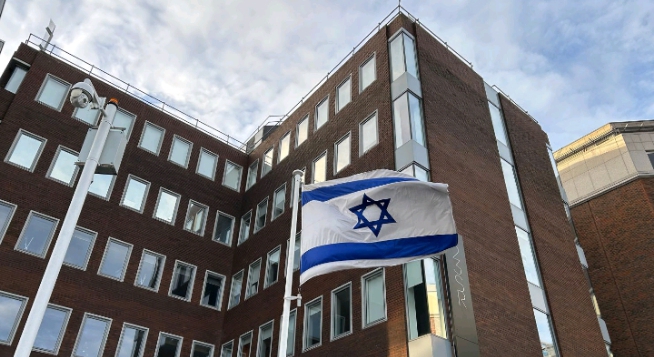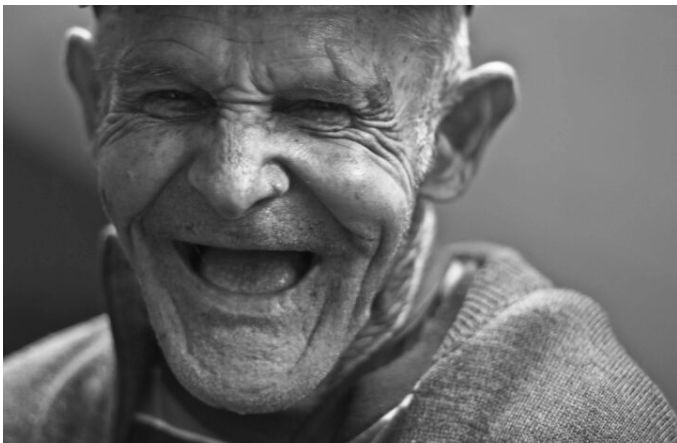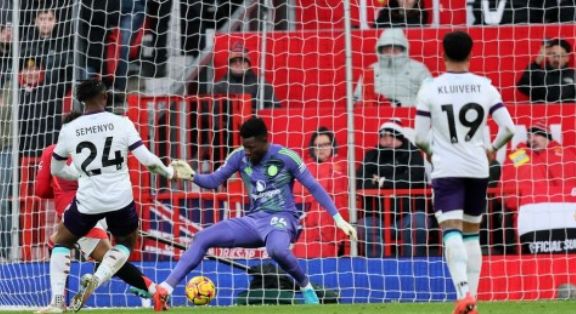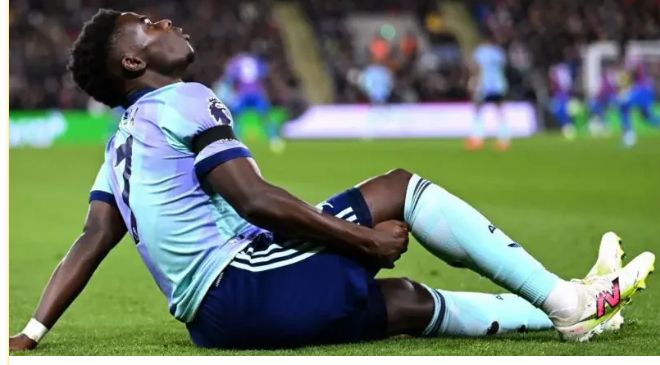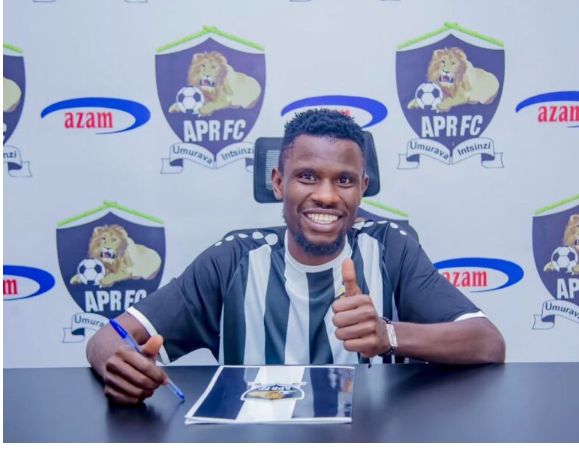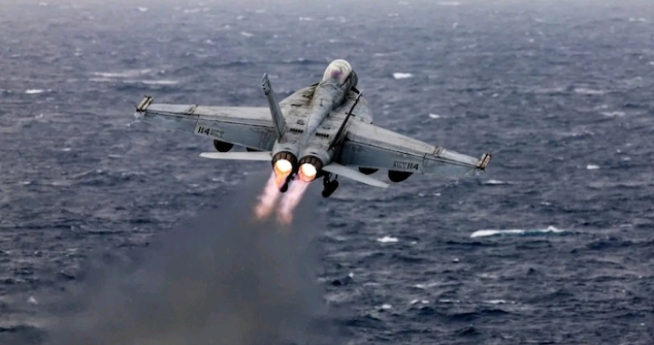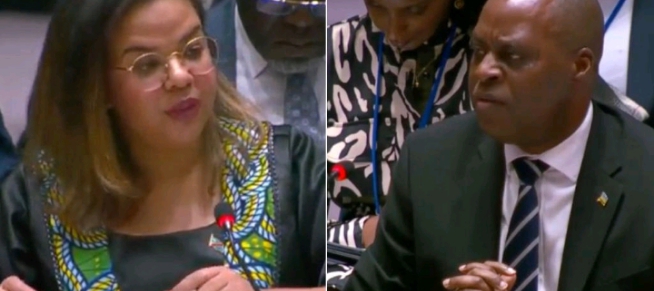
What Kayikwamba and Rwamucyo said to their countries at the UN Security Council
The representatives of Rwanda and DR Congo accused each other again at the UN Security Council on Monday when the security issue in the east of DR Congo was discussed.
In this meeting, he heard the report of the representative of the UN Secretary General and head of MONUSCO in DR Congo Bintou Keita on the problems in DR Congo.
The representatives of Rwanda and DR Congo have shown that there is much that the governments of these countries have not agreed on, even though the foreign affairs officials have agreed on a document on what needs to be done to solve the problem, and on Sunday in Luanda, a meeting is planned in which President Felix Tshisekedi will meet with Paul Kagame.
At a meeting of the UN Security Council this month led by the United States of America, Linda Thomas-Greenfield, the representative of the United States, said that they call on all sides to respect the ceasefire and asked both sides to “ask the armed groups help to do so”.
Linda said that the United States is worried about the fact that the Rwandan army is helping M23 and DR Congo and helping the FDLR group against Rwanda, but she appreciates that now both sides have agreed on what needs to be done.
He said: “DRC must fight the FDLR and stop helping them, Rwanda must withdraw from the territory of Congo its more than 4,000 troops and stop helping M23”.
While MONUSCO forces are going to have their mandate extended, Linda said that in order to carry out their mandate, the United States asks Rwanda to remove its special missiles from North Kivu and to stop disrupting the GPS navigation system, which he says is hindering the operation of MONUSCO. Rwanda has denied the allegations before.
Thérèse Kayikwamba accused Rwanda and the M23 movement of violating the peace agreement In the meeting of the UN Council that met on Monday, Thérèse Kayikwamba, the minister of foreign affairs of the RD Congo, accused M23 of establishing a civil and cultural regime, saying: “It shows their intention to change the nature of the regions of “where they caught” in North Kivu.
Kayikwamba criticized Rwanda for “continuing to call its actions [in the DRC] preventive measures”, saying: “Shooting refugee camps, taking the land of another sovereign country, and looting its natural resources, there is nothing preventive about it.” She said that Congo has agreed to destroy the FDLR group, as agreed on November 25 (11) in Luanda, adding that Rwanda has also “agreed to withdraw its troops from RD Congo”.
She only accuses Rwanda and M23 of “continuing to violate the peace agreement”.
Despite a peace deal reached in recent months, sporadic fighting has continued, with clashes between M23 and the government in the Lubero area starting Tuesday morning.
Rwanda’s first rebel is FDLR-Rwamucyo
Ernest Rwamucyo, Rwanda’s representative at the UN, said that the problem in eastern Congo is not a conflict between Rwanda and Congo, but a “problem with roots and long-term causes that should be addressed and resolved”.
Rwamucyo criticized the report given by Bintou Keita on this issue, saying that it is biased on the side of the government of DR Congo and “want to say that M23 is the root cause of the conflict in the east of the DRC”, which he denied saying that the conflict in the area is based on the exclusion of ethnic groups including the Congolese Tutsis in the eastern part of the DR Congo.
He said that Keita’s report “failed to mention how the area under the control of M23 is more peaceful than the area under the control of the government forces and their allies”, and that it “overlooked the atrocities, killings, hate speech and other attacks on the Congolese” who speak kinyarwanda especially the Tutsis”.
“This is the basis of the existence of the M23 fighting for their rights,” he said.
When Kayikwamba was given the opportunity, he said that such a domestic issue should not give Rwanda the right to violate international agreements on the sovereignty of an independent country.



